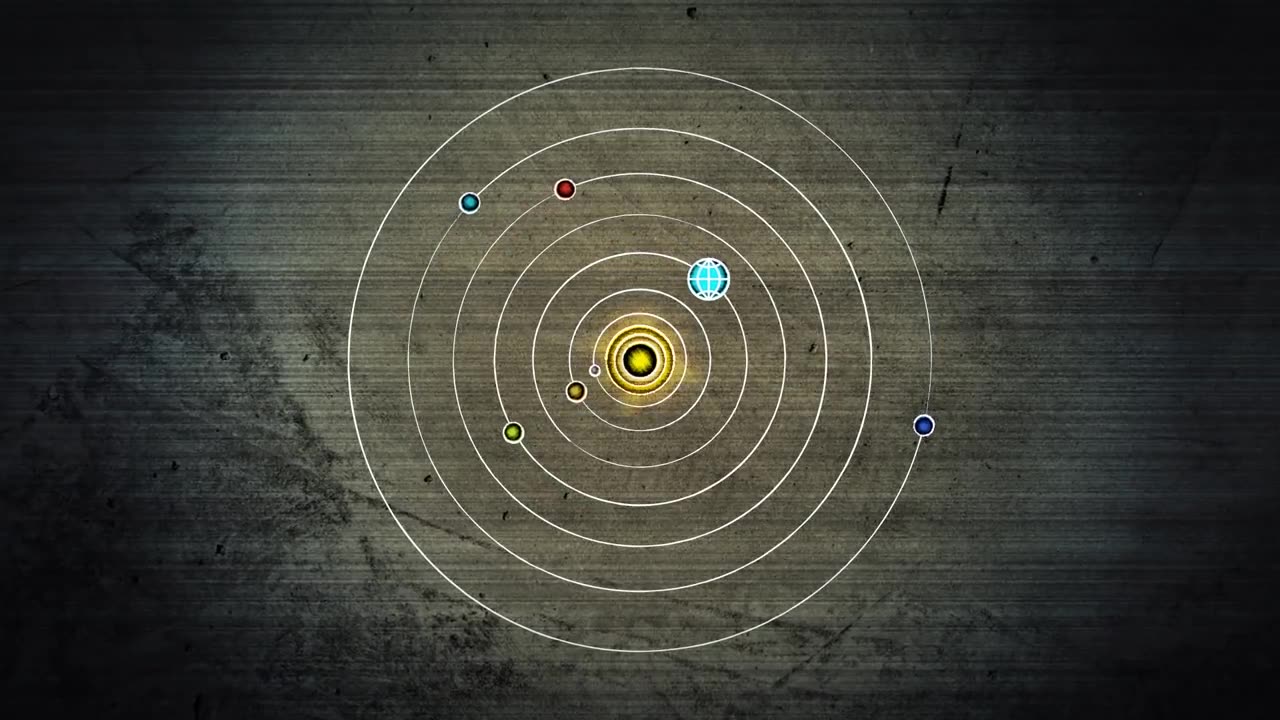Premium Only Content

Philosophy of science Part I
The philosophy of science is a branch of philosophy that explores the nature, foundations, methods, and implications of science. It involves asking fundamental questions about how science works, what it can and cannot achieve, and how scientific knowledge relates to the broader understanding of the world. Some key aspects of the philosophy of science include:
Epistemology:
Epistemology in the philosophy of science deals with questions related to knowledge and justification. How do we come to know what we know? What counts as evidence, and how is scientific knowledge different from other forms of knowledge?
Scientific Realism vs. Anti-realism:
Scientific realism asserts that scientific theories provide approximately true descriptions of the world, even if they may not be entirely accurate. Anti-realism, on the other hand, argues that scientific theories should be considered as mere instruments for predicting and explaining observations, without necessarily representing an underlying reality.
Induction and Deduction:
The problem of induction, famously discussed by philosophers like David Hume, questions the justification for making general claims based on specific observations. Deductive reasoning, on the other hand, involves drawing specific conclusions from general principles.
Explanation and Understanding:
What constitutes a good scientific explanation? How does science contribute to our understanding of the world? Philosophers of science explore these questions by examining the nature of scientific explanations and the relationship between scientific theories and reality.
Scientific Method:
The scientific method is a set of principles and procedures that scientists follow to gain knowledge. Philosophers of science examine the strengths and limitations of the scientific method, the role of observation and experimentation, and how theories are developed and tested.
Social Dimensions of Science:
Science doesn't operate in isolation; it is influenced by social, cultural, and historical factors. The sociology and anthropology of science explore how scientific knowledge is shaped by the communities of scientists and the broader societal context.
Ethics in Science:
The philosophy of science also delves into ethical considerations in scientific research. Questions about the responsible conduct of research, the use of scientific knowledge, and the potential societal impacts of scientific advancements fall within this domain.
Prominent figures in the philosophy of science include Karl Popper, Thomas Kuhn, Imre Lakatos, Paul Feyerabend, and more recently, philosophers like Nancy Cartwright and Ian Hacking. These thinkers have contributed diverse perspectives and theories, enriching the ongoing dialogue about the nature and significance of science.
-
 8:07
8:07
The Officer Tatum
12 hours agoScott Jennings UNLEASHES On CNN Panel FEELING SORRY FOR SHOOTER
4.78K37 -
 2:05:40
2:05:40
Inverted World Live
5 hours agoThe Simulation is Burning & Missile Hits UFO in China | Ep. 110
125K7 -
 2:00:48
2:00:48
The Charlie Kirk Show
4 hours agoTHOUGHTCRIME Ep. 97 — The Thoughtcrime WILL Continue
97.8K77 -
 35:08
35:08
Colion Noir
9 hours agoA Bear, an AR-15, and a Home Invasion
20.5K3 -
 3:05:55
3:05:55
TimcastIRL
5 hours agoJimmy Kimmel Refuses To Apologize Over Charlie Kirk Comments, Blames Gun Violence | Timcast IRL
165K134 -
 2:44:24
2:44:24
Laura Loomer
8 hours agoEP144: Trump Cracks Down On Radical Left Terror Cells
37.8K10 -
 LIVE
LIVE
Drew Hernandez
10 hours agoLEFTISTS UNITE TO DEFEND KIMMEL & ANTIFA TO BE DESIGNATED TERRORISTS BY TRUMP
1,029 watching -
 1:12:32
1:12:32
The Charlie Kirk Show
5 hours agoTPUSA AT CSU CANDLELIGHT VIGIL
81.2K57 -
 6:53:45
6:53:45
Akademiks
8 hours agoCardi B is Pregnant! WERE IS WHAM????? Charlie Kirk fallout. Bro did D4VID MURK A 16 YR OLD GIRL?
51.7K6 -
 2:26:15
2:26:15
Barry Cunningham
6 hours agoPRESIDENT TRUMP HAS 2 INTERVIEWS | AND MORE PROOF THE GAME HAS CHANGED!
119K82